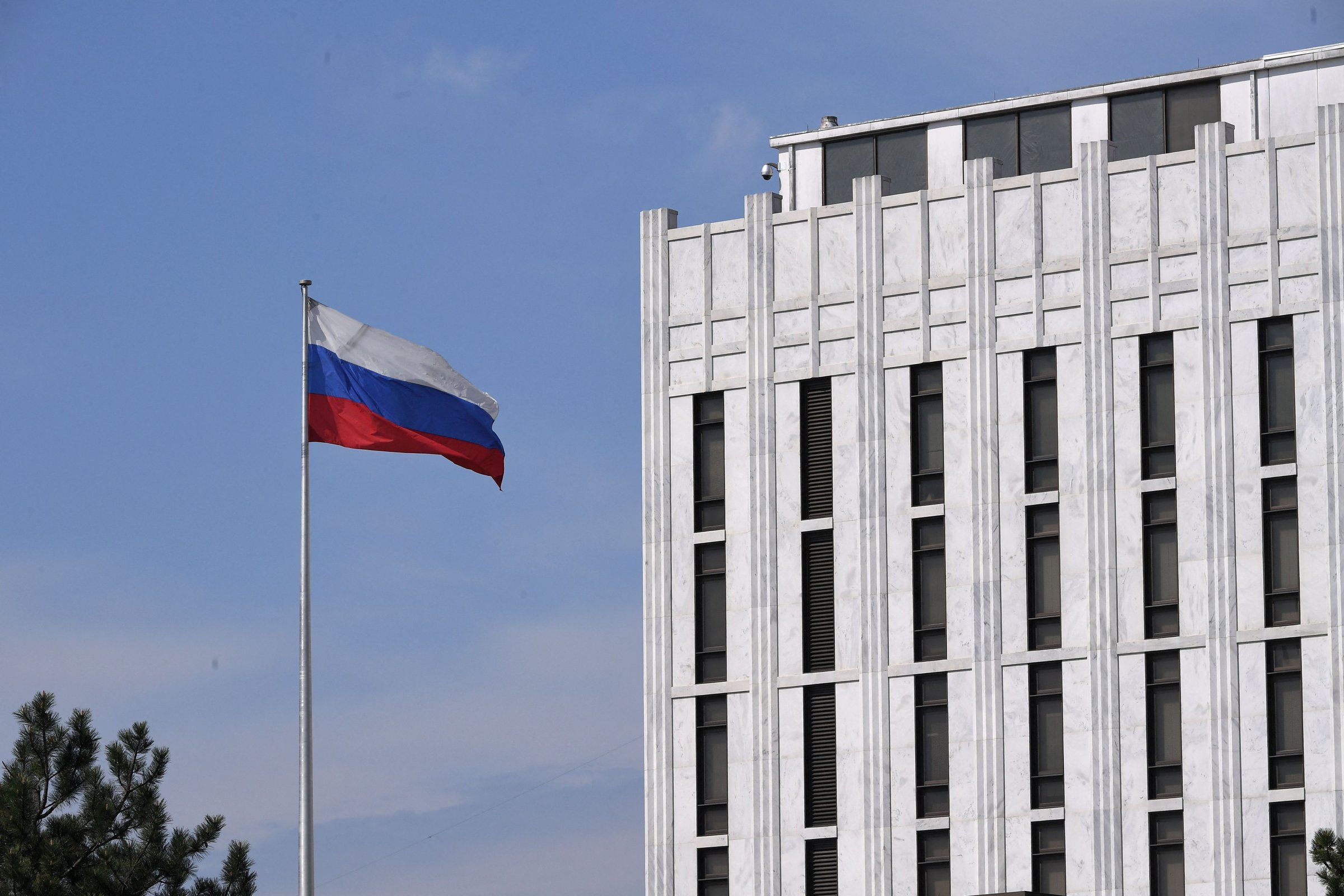
A mysterious illness known as “Havana syndrome” that has caused U.S. diplomats to suffer from symptoms consistent with head trauma may be linked to possible “sonic attacks” by a Russian intelligence unit, according to a new media investigation.
Havana syndrome was first reported by U.S. embassy officials in the Cuban capital of Havana in 2016, when they began experiencing extreme headaches and hearing piercing sounds at night. Since that incident, there have been more than 1,000 reported cases affecting U.S. government employees across the world. The cause of such health incidents has confounded U.S. officials and perplexed medical experts due to its elusive nature and the wide range of symptoms, which also include nausea, bloody noses and memory loss.
But a joint investigation by media outlets The Insider, 60 Minutes and der Spiegel released on March 31 found that U.S. officials were being targeted by Russian sonic weaponry. The investigation found that members of Russia’s Unit 29155, a highly secretive military group under the direct control of President Vladimir Putin, had been placed at the scene of reported health incidents involving U.S. personnel, and that senior members of the unit received awards and promotions for work related to the development of "non-lethal acoustic weapons."
On April 1, The Kremlin dismissed the report. “This topic has been talked up in the press for many years already. And from the very beginning most often it’s linked to the Russian side,” the Kremlin spokesperson Dmitry Peskov said in a news conference. “But nobody has ever published any convincing evidence, so all this is nothing more than a groundless and unfounded accusation.”
Here’s what you need to know about Havana syndrome and the investigation.
What exactly is Havana syndrome?
While the exact cause of Havana syndrome remains unknown, the Insider investigation suggests that it may be linked to possible sonic weaponry from Russia.
A U.S. intelligence investigation released last year found that it was "very unlikely" a foreign adversary was responsible for the ailment, but officials also acknowledged at the time the possibility that those affected by the mysterious illness may have been hit by directed energy or microwaves fired from hidden devices.
The condition is characterized by unexplained symptoms that include migraines, fatigue, vertigo, anxiety, dizziness, memory lapses and cognitive impairment. An FBI agent who suffered from the syndrome told 60 Minutes that it felt like “a dentist drilling” into her ear “times 10.” Some victims required long-term care because of the illness.
When was Havana syndrome first documented?
The first known cases of Havana syndrome were reported in Cuba in late 2016, when CIA officers stationed at the U.S. Embassy in Havana reported feeling intense fatigue, nausea and pressure in their heads.
Brain scans later showed tissue damage and volume loss similar to those found in persistent concussion syndrome. Most of the embassy staff were evacuated as the U.S. probed the incident for answers (the U.S. immigration office in Havana reopened in August 2023).
However, the Insider investigation suggests the first cases of Havana syndrome may have occurred in Germany two years earlier than the cases reported in Havana. “There were likely attacks two years earlier in Frankfurt, Germany, when a U.S. government employee stationed at the consulate there was knocked unconscious by something akin to a strong energy beam,” the report said.
What does the U.S. believe is the cause?
While the U.S. is still investigating the matter, five intelligence agencies determined in 2023 it was “very unlikely” that a foreign adversary such as Russia is behind Havana syndrome, even as a byproduct of other suspected activities.
But concerns within the intelligence community remain. Greg Edgreen, a former Defense Department investigator who ran part of the investigation, told 60 Minutes on Sunday that the common link between victims of Havana syndrome was what he called a “Russia nexus.”
“There are no barriers on what Moscow will do, on who they will attack,” he said, “and that if we don't face this head on, the problem is going to get worse.”
The U.S. government has not officially recognized a cause for the syndrome.
More Must-Reads from TIME
- Cybersecurity Experts Are Sounding the Alarm on DOGE
- Meet the 2025 Women of the Year
- The Harsh Truth About Disability Inclusion
- Why Do More Young Adults Have Cancer?
- Colman Domingo Leads With Radical Love
- How to Get Better at Doing Things Alone
- Michelle Zauner Stares Down the Darkness
Write to Nik Popli at nik.popli@time.com